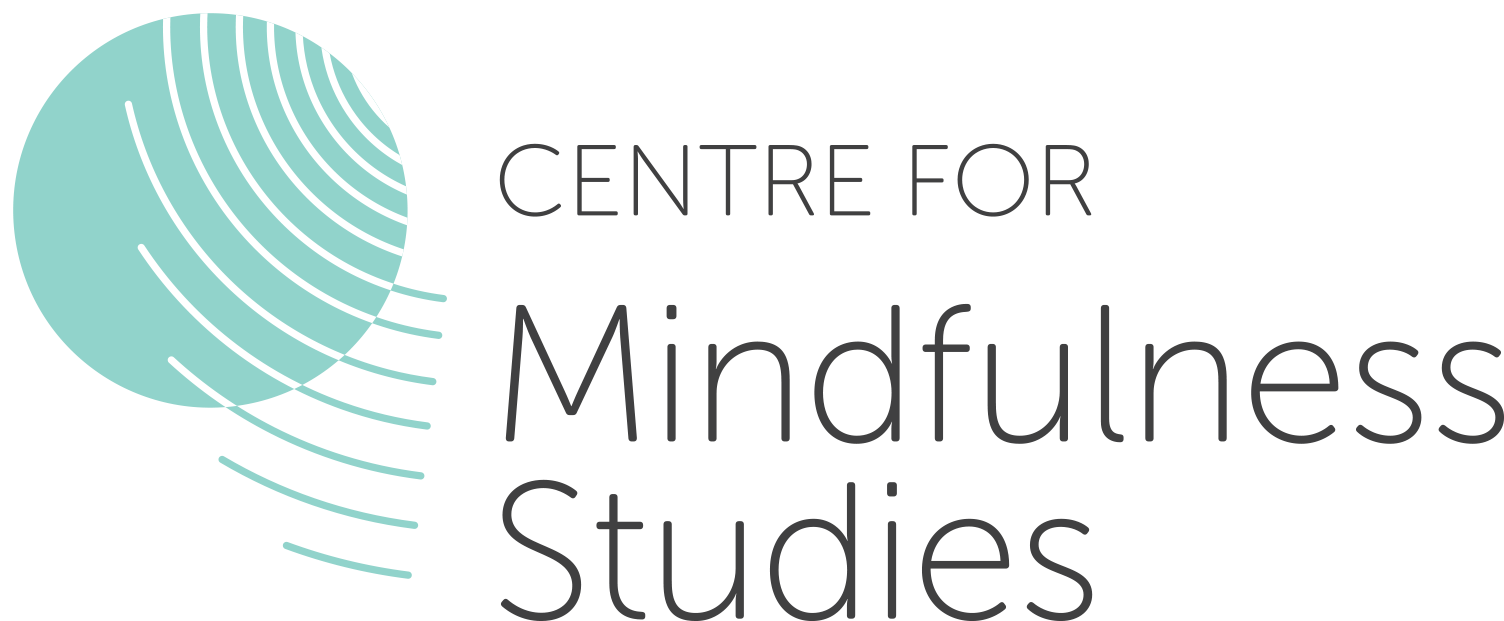
I’ve been told I am a very reactive person. You never have to guess what I’m thinking or feeling. For some people, this is a positive attribute. You might think I’m direct or unrestrained, depending on the kind of day you’ve had. If it’s the latter you can imagine how this might be experienced negatively on the part of the receiver, especially when irritability, distress or rage is flaring up.
Do no harm. This is how I try to live. Unfortunately, sometimes my mouth would rather do something else. So, what’s a person who would like to have more equanimity to do?
It’s these moments when I check in with the inner tools I’ve collected over the years. I ask myself, “How can I distance myself from my reactions before doing something I wish I hadn’t?”
The first step might be to connect with the sensations of breathing, wherever they are vivid in the body.
The second step might be a 3 minute responsive breathing space:
- Awareness – of what thoughts, emotions and body sensations are present
- Gathering – of the attention to the sensations of breathing in the abdomen
- Expanding – bringing awareness to the entire body to see what’s showing up.
I’ve noticed I can get a bit of distance by naming an emotion, if I can. For example, saying, “anger is present” versus saying, “I’m so mad I want to smash you in the head!” Then I see what’s present in the body. What sensations are present? Staying with them, telling myself it’s OK to feel what’s there, whatever it is; and staying with these sensations as long as they are hanging around (unless it’s too long and then I try returning to my breath).
The third step is to wait before acting. When I am feeling anxious or angry at someone, if all I can do is keep my mouth shut and wait, what seems so important now may seem very different a short while later. Why? Because sooner or later, everything changes.
If I can’t do a breathing space, I write about my situation, but not in an email—especially if the situation involves someone else. It’s too easy to press send in the heat of the moment.
I might also vent to a friend who can help me process my hot emotions and tell me when to let go. I can imagine that being told I’m right will make me feel better, but it only feeds the fire. What is more useful is for someone to help me see how my reaction clouds my vision, causing me to jump to conclusions or personalize what may actually have nothing to do with me.
We are the central characters in our own stories. Stepping out of our own plot is a way to more mindfully deal with our reactive patterns.

